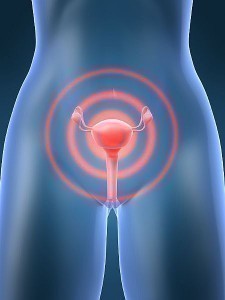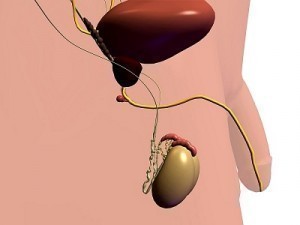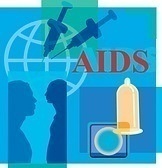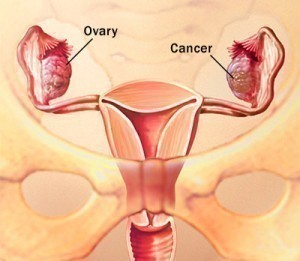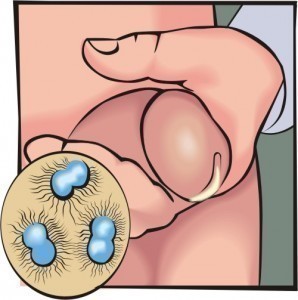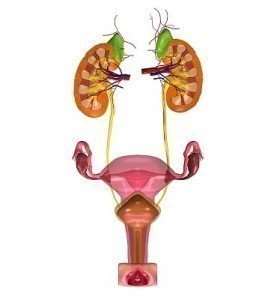Prostate Pain
There are many illnesses that stem from discomfort with the prostate. Here are some of the most common causes and symptoms.
Causes of Prostate Pain
Currently there are a dozen ailments linked to pain in this area. These include interstitial cystitis and Benign Prostatic Hyperplasia (BPH). BPH happens as the result of a tumor or growth.
Another possible cause is cystitis, which leads to inflammation of the bladder. Another one is urethritis. This affects the urethra and causes discomfort when urinating.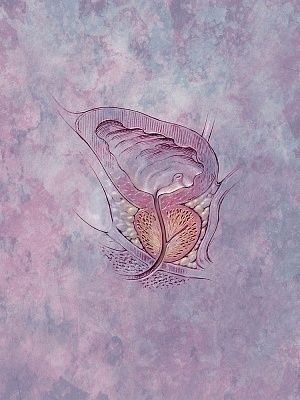
Other possible ailments are prostatic abscess, anal fissure or diverticulitis. One of the most likely causes is prostatitis. Other possibilities are proctitis and non bacterial prostatitis. Prostate cancer is also another cause. Unfortunately, there are no early symptoms for this disease.
Prostate Pain Symptoms
The symptoms will determine what kind of disease is causing the pain. Throbbing back pain, fever and chills might be due to acute bacterial prostatitis. This illness is also accompanied by severe pain when urinating. There is also pain in the genital section.
Non bacterial prostatitis usually means chronic pain in the pelvic area. Inflammatory prostatitis doesn’t have any symptoms.
Signs of prostate cancer don’t appear until the tumor has turned malignant. The symptoms that manifest consist of sharp pain when urinating and dull pain at the lower back. Blood appears in the semen and urine. When the cancer spreads, vomiting and physical weakness will manifest frequently.
Prostate Pain Diagnosis
The tests to be conducted will depend on the illness type. It will however include the AUA Symptom Score. These consist of questions that will determine the severity of the urinary problem.
A rectal examination will also be performed. This is used to evaluate the prostate gland. Blood tests will also be conducted. The white blood count is one of the elements that will be assessed.
Urine tests will be undertaken. This determines the PSA (prostate specific antigen) levels. If the tests indicate it is cancer, a biopsy will be performed.
A biopsy involves taking a prostate tissue sample. This will be analyzed and double checked to see if it is cancerous. The other causes mentioned earlier will necessitate other types of tests.
Prostate Pain Relief
The doctor will prescribe the medication for providing relief. This will usually take the form of antibiotics. Do not take them more than is prescribed. Over dosage can lead to serious complications.
Some are also resorting to prostate massage. This can help ease the blood flow being blocked by the prostrate. However you need the doctor’s permission to do this.
Those seeking alternative treatment may opt for acupuncture. Needles are inserted at specific sections in the body to relieve pain. Seek a professional and trained acupuncturist to do this for you.
Benign prostatic hyperplasia can be treated via microwave thermal therapy. Prostatitis is treated with antibiotics and other anti inflammatory agents. For prostate cancer it is chemotherapy or surgery. Another treatment that may be used is radiation.
Prostate pain often indicates another ailment. By being informed, you’ll stand a better chance of getting the right treatment.
For more information on Prostate Pain read:

